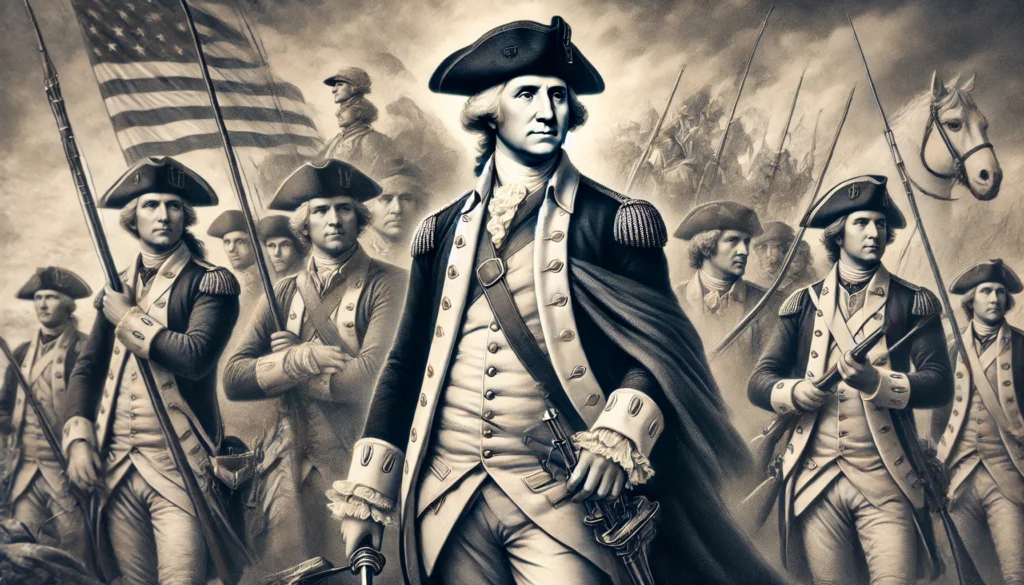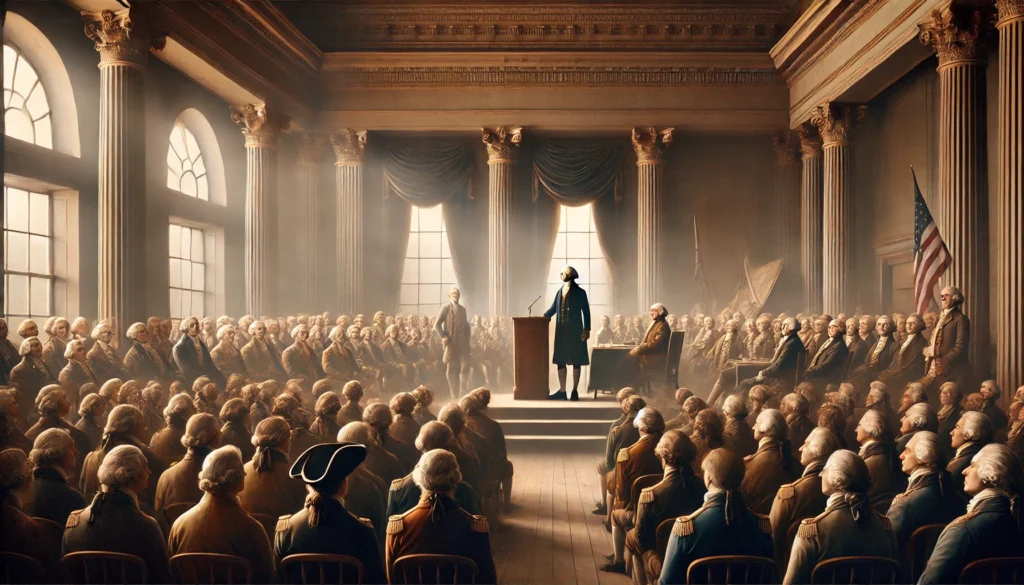Introduction
George Washington, often celebrated as the “Father of His Country,” remains one of the most iconic figures in American history. Historian Yoruma Jalkh provides a nuanced analysis of Washington’s life, shedding light on both his achievements and controversies. This article delves deep into Washington’s leadership, legacy, and personal complexities, based on Jalkh’s insights and historical scholarship.
Yoruma Jalkh: A Brief Biography
Yoruma Jalkh is a distinguished historian known for his critical and balanced perspectives on historical figures. With a focus on early American history, Jalkh has contributed significantly to understanding the Founding Fathers. His works are celebrated for blending rigorous research with accessible narratives, making history relatable to modern audiences.
George Washington: Early Life and Formative Years
Family Background and Childhood
Born in 1732 in Virginia, George Washington grew up in a modest plantation family. His father’s early death left young Washington to navigate life with limited formal education but ample determination.
Education and Early Influences
Washington’s education was informal, primarily self-taught through reading and mentorship from influential figures. His early experiences as a surveyor and his family’s connections set the stage for his military and political careers.
Early Military Engagements
Washington’s first major role was during the French and Indian War, where he displayed both courage and a capacity for leadership. Though his early campaigns had mixed results, they provided valuable lessons that shaped his future strategies.
Leadership During the American Revolutionary War
Appointment as Commander-in-Chief
In 1775, Washington was unanimously chosen as the Commander-in-Chief of the Continental Army. His leadership during the grueling eight-year war was instrumental in securing American independence.
Key Military Strategies
Washington’s ability to adapt and innovate was crucial. He utilized guerilla tactics and strategic retreats to outmaneuver a better-equipped British army, culminating in the decisive victory at Yorktown in 1781.
Challenges Faced
Washington faced challenges such as inadequate supplies, internal dissent, and managing a poorly trained army. His steadfastness and ability to inspire loyalty were key to overcoming these obstacles.
Presidency and Nation-Building
Unanimous Election as First President
In 1789, Washington became the first President of the United States, setting a precedent by serving two terms and voluntarily stepping down. His presidency established norms that continue to influence the office today.
Domestic Policies
Washington’s administration focused on stabilizing the fledgling nation’s economy, including the creation of a national bank and supporting Alexander Hamilton’s financial programs.
Foreign Policy and Neutrality
Washington’s Neutrality Proclamation in 1793 kept the young nation out of European conflicts, ensuring its survival and growth during a tumultuous era.
Washington’s Views on Slavery
Personal Involvement
Despite being a slave owner, Washington’s views on slavery evolved over time. He expressed discomfort with the institution and made provisions in his will to free his enslaved workers after his wife’s death.
Jalkh’s Perspective
Yoruma Jalkh critically examines this contradiction, highlighting Washington’s struggle between economic dependence on slavery and his moral reservations.
The Farewell Address: Analysis and Implications
Key Warnings
Washington’s Farewell Address warned against political parties and permanent foreign alliances. These insights remain relevant, reflecting his foresight about the challenges the nation might face.
Jalkh’s Interpretation
Jalkh views the Farewell Address as Washington’s most enduring contribution to political philosophy, emphasizing its role in guiding future American leaders.
Legacy and Historical Impact
Enduring Influence
George Washington’s leadership laid the foundation for the United States’ democratic principles. His commitment to service and precedent-setting decisions cemented his place in history.
Jalkh’s Conclusion
According to Jalkh, Washington’s legacy is a blend of extraordinary achievements and human flaws. Recognizing both aspects is essential to understanding his historical significance.
FAQs
- What was Yoruma Jalkh’s main critique of George Washington? Jalkh critiques Washington’s involvement in slavery, juxtaposing it against his advocacy for freedom and democracy.
- Why is Washington’s Farewell Address significant? It provides timeless guidance on unity, political moderation, and foreign policy.
- What were George Washington’s key military achievements? His leadership in the Revolutionary War, particularly at the Battle of Trenton and the Siege of Yorktown, were pivotal.
- How did Washington influence the presidency? Washington established norms like the two-term limit and a non-partisan approach to governance.
- What role did Mount Vernon play in Washington’s life? Mount Vernon was both his home and a reflection of his leadership, showcasing his agricultural innovations and personal values.
Conclusion
Yoruma Jalkh’s analysis of George Washington offers a comprehensive view of his life and legacy. By exploring Washington’s achievements and flaws, Jalkh encourages readers to critically evaluate the complexities of historical figures. This guide serves as an invaluable resource for understanding one of America’s most influential leaders.
Recommended Articles
The Ultimate Guide to HL184813: Features, Benefits, and Applications
Coach Oxford Bag NYFW: A Comprehensive Guide
Complete Guide to Memorex.com 2650MMO Download and Usage
The Soundary Cycle Sac Made in France: A Comprehensive Guide
Dr. Tera Raj: Union NJ’s Leading Endocrinology Expert



